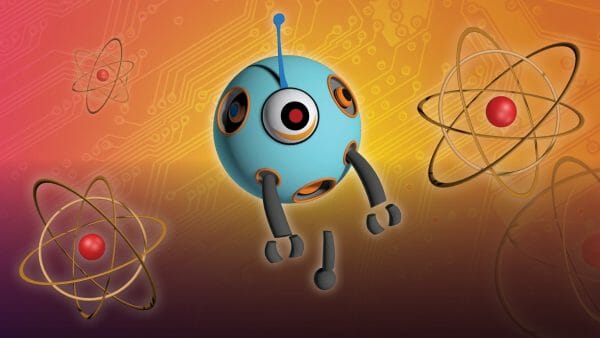Sometimes, the world is a bit presumptuous, and assumes that everyone understands every piece of technical jargon. We throw around job titles as if every aspect about them is common knowledge, and anyone who isn’t sure holds their tongue in fear of social judgment.
“Developer” is one such title we believe falls into this category. Sure, just about everyone has heard the word and probably at least knows they’re involved with computers of some sort. Yet, not everyone has sat down to consider what a developer does all day, or even what the results of their work are. Or, maybe someone has, but simply just wants more information because they think it sounds like an interesting field for work. If either describes, you’ve come to the right place.
In this article, we’re going to take a step back from the buzz phrase “become a developer” and take a more thorough look at what that even means. What does a developer do? Where does a developer work? Why development? We will answer all these questions and more, and hopefully by the end, you’ll have a greater stack of knowledge and be able to make informed decisions of whether being a developer might just be right for you!

What is a Developer?
Let us answer the question at the top of this inquiry: what is a developer? A developer is someone who creates (i.e. “develops”) programs and solutions to fulfill a need or solve a problem as is related to technology.
This statement is very broad, but as luck would have, development is very broad. It can include things like building programs to collect and analyze data, developing a game for players to enjoy, setting up a database to manage a website’s data, making an app to show the weather, and so forth. The possibilities are endless, because the tasks computers can do are essentially endless as well. Technology is the only real limiting factor in terms of the sorts of problems that can be solved with programming.
A developer is, in essence, a dream creator. Developers take our various ideas of tools, software, and the like and manipulate programming to bring them to reality – with the hope that our lives will be made better by their existence.
Of course, some of this definition does presume you know what coding is, which is a bit beyond the scope of this article. However, we do have some articles not only on what coding is, but also on the difference between coding and programming, which may be helpful to know as you dive into this topic of developers.
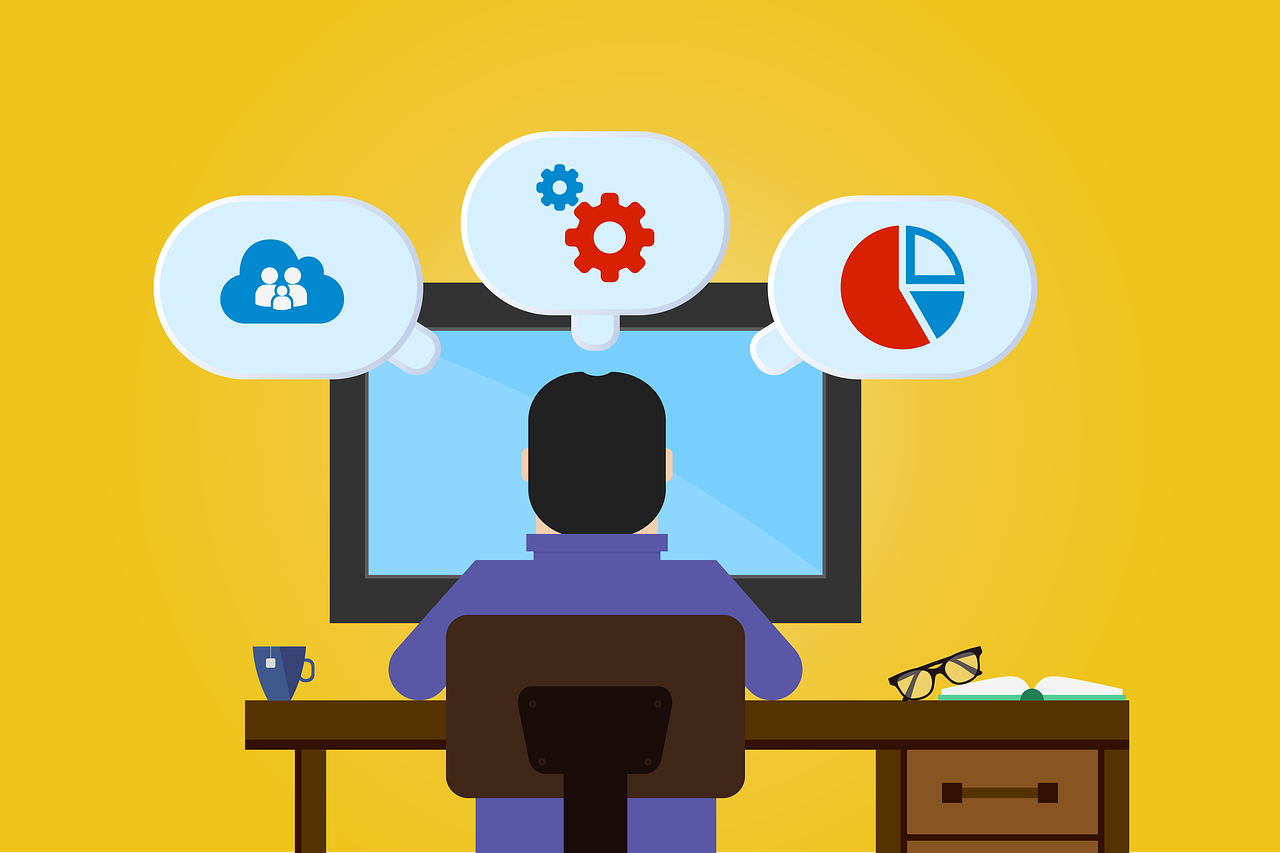
Typical Activities
Part of understanding what a developer is related to understanding what sorts of activities developers participate in. While activities will vary depending on the type of developer (which we’ll delve into more after), activities can be broken up into four major categories.
Planning
Part of a developer’s job is to plan not only what kind of problem they have, but also how they will solve that problem. Again, given the wide scope of development, this can vary in a lot of ways. For example, if the ultimate goal is to create an RPG, a developer will decide what sorts of mechanics are needed, what sorts of assets are needed, pick a game engine, and so forth. Meanwhile, a web developer making a website will plan out the frontend design, the architecture of their database in the backend, what frameworks are needed to provide user interaction, and more. No matter the specific field, though, planning out the program developers want coded is a primary and crucial step to their activities with lots of meetings and documentation.
Execution
Another aspect a developer is involved with on a day-to-day basis is the execution of their plan. Depending on the team set up, company, or other factors, this generally means one of two things. In one regard, the developer may simply oversee programmers and help them continually tweak the software until it actually solves the problem. However, other developers may take to the front lines and be heavily involved with the coding themselves – which is the case with solo developers. No matter what, though, some coding is definitely involved!
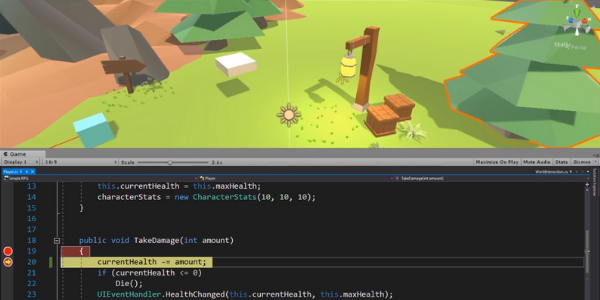
Testing and Analysis
Given developers are striving to create programs to reach a certain goal, it should be no surprise that these programs need to be tested. Does a specific game mechanic work? Is data being collected as it should be? Is a certain process performant and suitable to the target device? These are just some of the questions developers will be asking at this stage, and it is their responsibility to deal with all of them. Even if the testing itself is relegated to third parties, the developer will still be involved with analyzing feedback so they can ensure features are the best they can be before hitting a wider release.
Updating
Finally, the fourth activity you’ll usually find developers handling is updating. This can include patches for bugs, new features, upgrading third party frameworks used, and so forth. As technology is always evolving, even the most solid of solutions need to be maintained at the very least, so this an activity that keeps developers quite busy. As a subset of this process, developers will also be documenting the entire process to make sure others can continue to update their programs as well.
Kinds of Developers
While the duties involved apply very generally to all developers, when you start getting down to the details of it, each type of developer varies in what they actually do. Their goals will vary, the nature of their problems vary, and so forth. So, what kinds of developers are there anyway? In this section, we’ll take a brief look at the major development fields available, though keep in mind there are many sub-fields beyond the scope of our discussion here.
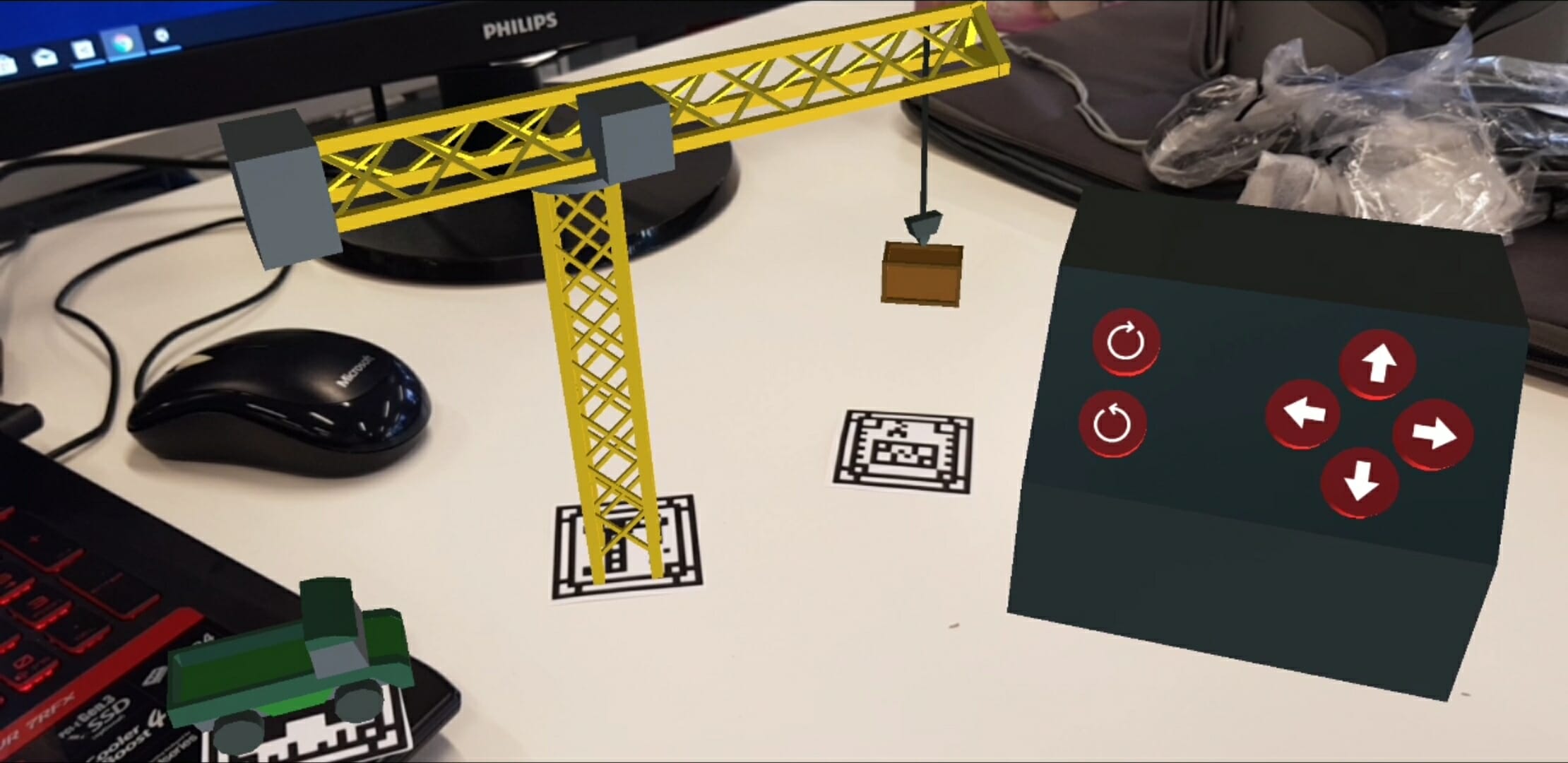
Software Developer
A software developer is, as the name implies, a developer focused on software for computers. Almost any single program you use on your computer is a piece of software. Even the browser you’re reading this article from is software! So, a software developer is generally focused on the tools that allow us to do things like play music, write words in a word processor, access the internet, make spreadsheets, create images, etc. The field for software is extremely wide and, of the fields, has the broadest nature in terms of what sorts of programs will be made.
Game Developer
Developers who specifically aim to make games are referred to as game developers. This field includes the big AAA hits like Fortnite, small indie games like Undertale, and even viral mobile games like Candy Crush. In this case, these developers are not so much “solving a problem” as they are making a piece of entertainment. Nevertheless, the process is still the same, since programming and planning are at the heart of any game. Unlike many software developers who are working from scratch, game developers often focus on specific game engines which provide many tools to make the complicated process easier!
Mobile App Developer
Though similar, there is a bit of a difference between a mobile app and a mobile game. You can think of mobile apps as software for your mobile device – i.e. they are focused on things like word processing, to-do lists, alarm clocks, music players, or even providing services like Netflix. Anything that can be considered a tool is more in line with mobile app development, which as you guessed, is a place for mobile app developers. Comparatively to other types of developers, these developers are the most concerned with the performance given the target device, so though the process is similar, you can expect the testing phase to be a bit more intense!

Web Developer
Developers who create the wonderful websites and web apps we use on a day-to-day basis are web developers. These sorts of developers are focused specifically on web languages like HTML, CSS, & JavaScript, as well as the various frameworks that help spruce up how we interact with the websites we visit. Web developers can come in a few flavors. Frontend developers will focus entirely on the appearance of the website and how users interact with it. Backend developers are more concerned about the various databases and APIs that give sites advanced functionality. In the meantime, Full-Stack developers care about both. Regardless, though, the web wouldn’t be the same without them.
Data Scientist
In the case of data scientists, these are developers who are focused entirely on collecting, analyzing, and manipulating data. These sorts of developers are big in the business world where data-driven solutions are at the heart of their operations. For example, a data scientist may help a business collect data on which product is selling best, create programs to auto-generate charts and other reports, and help the business decide on action items based on that data. There is a lot to the field, including database knowledge, web scraping, and more, but the gist of it still involves staring at lots of numbers!
Machine Learning Engineer
Last of the developers we’re going to talk about is the machine learning engineer. This is a relatively new type of developer, as AI and machine learning is still a budding industry. Nevertheless, these sorts of developers are focused entirely on programs that help make our machines smarter. For some examples, they create the technology that is behind self-driving cars, image recognition software, voice control apps, and beyond. Besides building the “brain” of the machine, machine learning engineers also focus on training the machine with tons of data, as the more accurate data, the better the program.
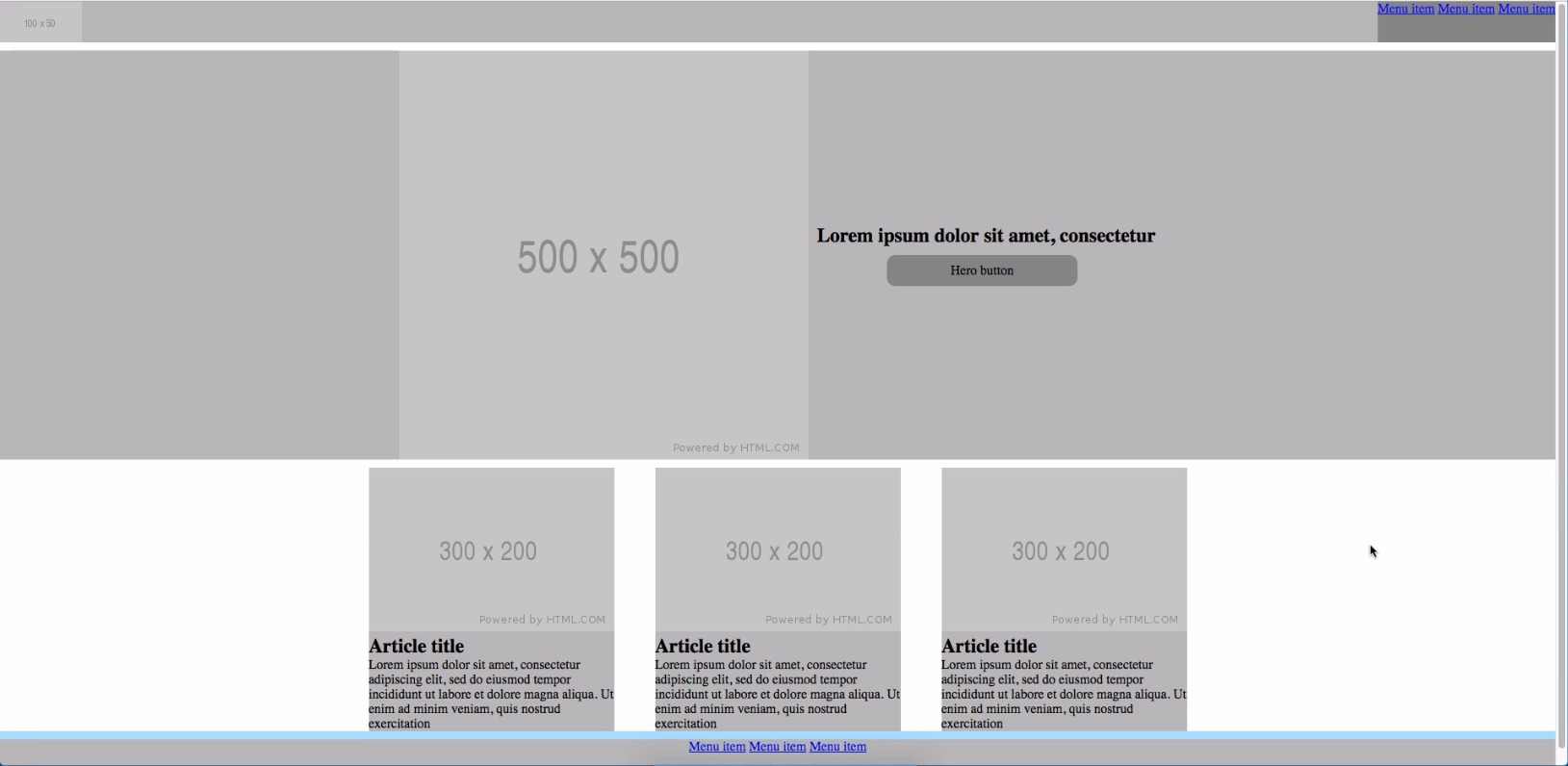
Why Become a Developer?
At this point, you should have a good understanding of what a developer is and the sorts of paths available to anyone who becomes a developer. That being said, why you should become a developer is an equally important question. While there are plenty of reasons to go by, we’ll talk about the major four that generally drives people to pursue this exciting industry!
In-Demand Industry
If you haven’t noticed technology’s takeover yet, you should notice it now! Every day a new piece of technology comes out, a programming framework is updated or invented, a new more powerful smartphone is planned, and so forth. As consumers and businesses alike become more and more dependent on technology, the need for developers naturally goes up.
In the US alone, the Bureau of Labor Statistics forecasts software and web developers are expected to see hundreds of thousands of more jobs created in the next decade – and this is just for these two fields of development. Fields like machine learning are seeing even higher growth, with a 344% gain from 2015 – 2018 according to AINews. Additionally, popular job board site Glassdoor routinely ranks developer jobs as some of the top choices in the US. So, there is no question that these are coveted skills and positions needed right now!
Good Salary Potential
As the demand for developers is so high, you shouldn’t be surprised to hear that many developers are seeing high earning potential for their skills. While this of course ranges by subfield, skill level, and location, here are just some of the reported averages for development-related salaries (we’ll let the numbers speak for themselves):
- Machine Learning Engineer: $146,085 (AINews)
- Mobile App Developer: $120,131 (Indeed)
- Full-Stack Developer: $105,522 (Indeed)
- Software Developer: $110,140 (U.S. BLS)
- Game Developer: $101,644 (Zip Recruiter)
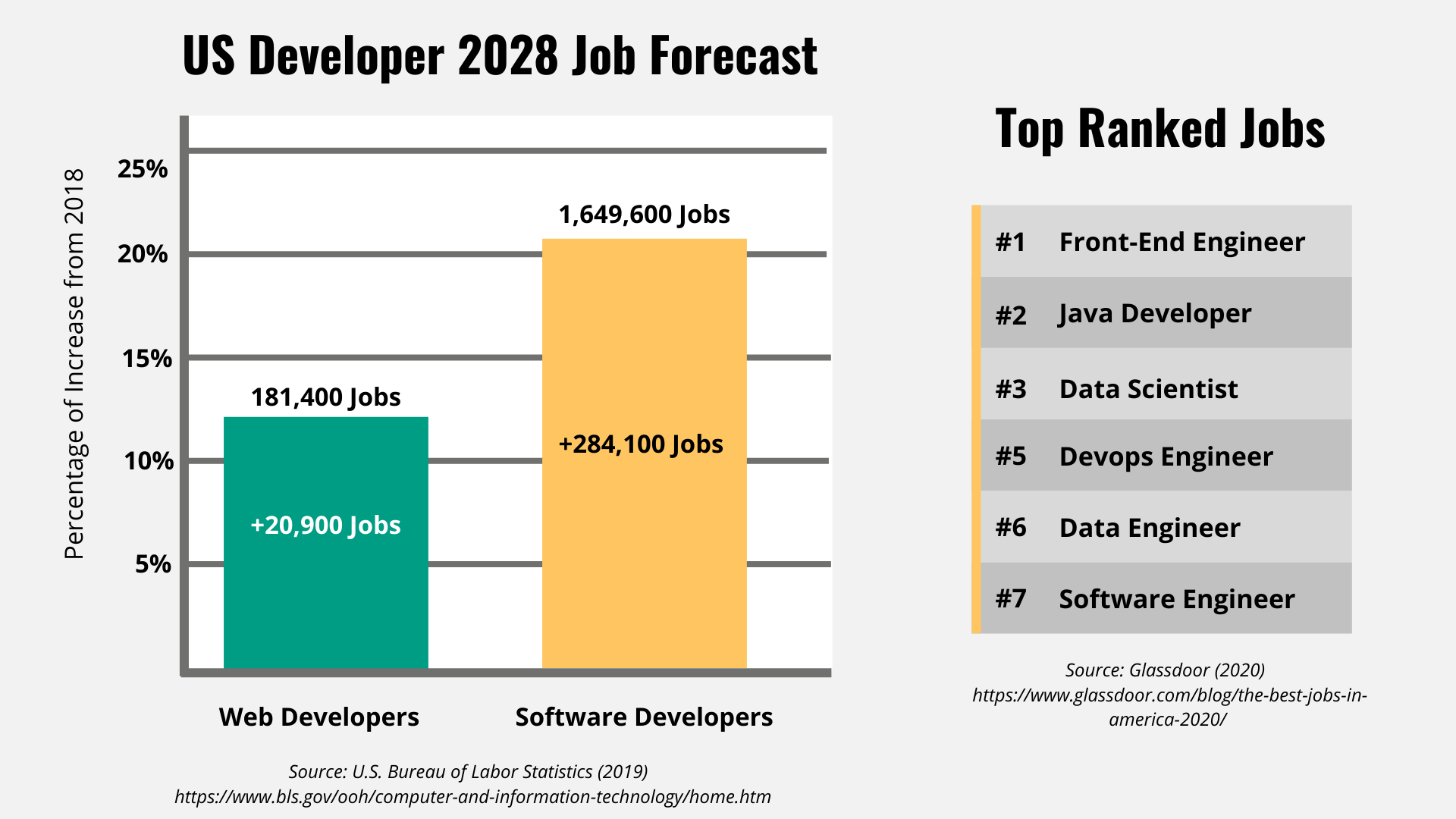
Future-Proofing
For some people, a job is not so much about how much you can earn or whether it’s in-demand, it’s about whether the job security is there. After all, most people do not want to be stuck constantly looking for a job every few years. Or, as some people fear, finding a job that becomes obsolete very quickly.
As the current state of affairs has shown us, though, developers are in a very secure job field. While programming does allow us to automate many tedious tasks (and unfortunately, eliminate certain types of jobs), there will be a need for programmers to make that automation in the first place for a long time to come. As such, learning the skills to become a developer will last you a long time. Even with updates to technology, some things, like older programming languages like C++, remain fairly stable without dramatic changes.
If that isn’t enough to convince, keep in mind that most fields of development are also bringing in more and more money each year. For example, gaming and mobile apps are already bringing in billions of dollars, and both are forecasted to increase their profits immensely in the next few years with little signs of a flattened curve.
With this sort of demand from consumers, businesses will be ready to meet it – and will need developers at their side to do so!
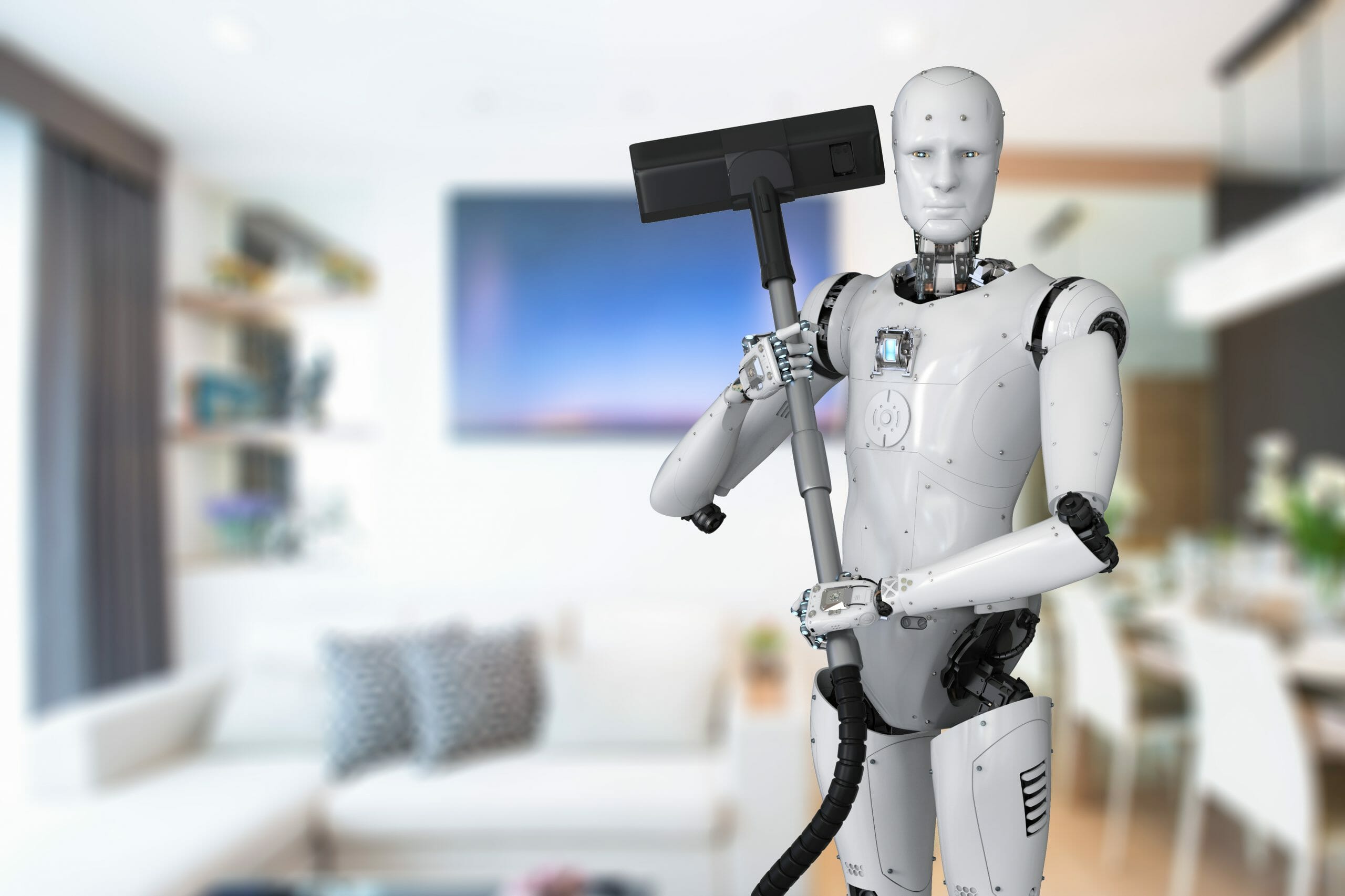
Versatile Skills Elsewhere
For those on the fence about becoming a developer, as learning anything is a time investment, rest assured that skills learned can be used in many different ways.
To start, development is not restricted to the technology industry. The medical industry, military, manufacturing, tourism, marketing, history, and many more are all are looking for developers, since programs improve their day-to-day operations as well. Even XR technologies like VR and AR have slowly started working their way into these industries for training via immersive experiences. Thus, development skills are not restricted to one industry and you will find them useful just about anywhere you could go.
Even if you find out later that you don’t like programming at all, learning the skills will still help you later.
For instance, much of development reinforces good problem-solving habits, since development is all about taking problems and breaking them down in ways that they can be solved. These are skills useful for any job or even just in general with your real-life, and they are skills you’ll keep even if development isn’t your thing. Plenty of other skills like communication come with learning to be a developer as well, so regardless of your ultimate choice, these are skills that will literally last you a lifetime.

How to Become a Developer?
Clearly, you are entirely convinced to become a developer now. The next step would be to actually learn how to do that. While we could discuss technical degrees, we recommend first starting with online resources. These will get you started with programming, understanding the development process, building a portfolio, and so forth. In some cases, this may be enough to jump-start your career into a new path! Regardless, though, these resources will still give you a boost and help you build a coding portfolio – which you will find is crucial for pursuing development in general.
Below, we’ve compiled some of our favorites just for you!
Software Development
- C++ Programming Bundle by Zenva
- C# Programming for Human Beings by Allan Carlos Claudino Villa
- Software Design Patterns and Principles by TechLead
- What is Software Development by Technology Profession
- Java Foundations by Zenva
- An Introduction to Software Design – With Python by Tech with Tim
- Python Project Create Real Software by Harshit vashisth
Web Development
- HTML5 Hive
- Full-Stack Web Development Mini-Degree by Zenva
- HTML & CSS 101 – Responsive Company Website by Zenva
- JavaScript 101 – First Programming Steps by Zenva
- Learn web development as an absolute beginner (2020) by Coder Coder
- Designing a website – The full process series by CharliMarieTV
- How to Create a Responsive Website from Scratch by Kevin Powell

Game Development
- Unity Game Development Mini-Degree by Zenva
- Unreal Game Development Mini-Degree by Zenva
- Godot Game Development Mini-Degree by Zenva
- HTML5 Game Development Mini-Degree by Zenva
- GameDev Academy
- Unity Beginner Tutorials by Brackeys
- Python Game Programming using Pygame and Python 3 series by buildwithpython
- Write a Tetris game in JavaScript by Meth Meth Method
Mobile Development
- Mobile App Development Mini-Degree by Zenva
- Mobile Games 101 – Android and iOS Development by Zenva
- Android Kennel
- Swift Ludus
- Swift 5 for Beginners (2022)
- Java Tutorial For Beginners by ProgrammingKnowledge
- How to Make an App for Beginners by CodeWithChris
Python Development
- Data Science Mini-Degree by Zenva
- Python Mini-Degree by Zenva
- Machine Learning Mini-Degree by Zenva
- Python Machine Learning Tutorials
- Python Machine Learning Tutorials by Tech With Tim
- Machine Learning & Artificial Intelligence by CrashCourse
- Python for Beginners Series by Microsoft Developer
- Python Tutorial for Absolute Beginners by CS Dojo
- Python Programming: Learning Python for Beginners
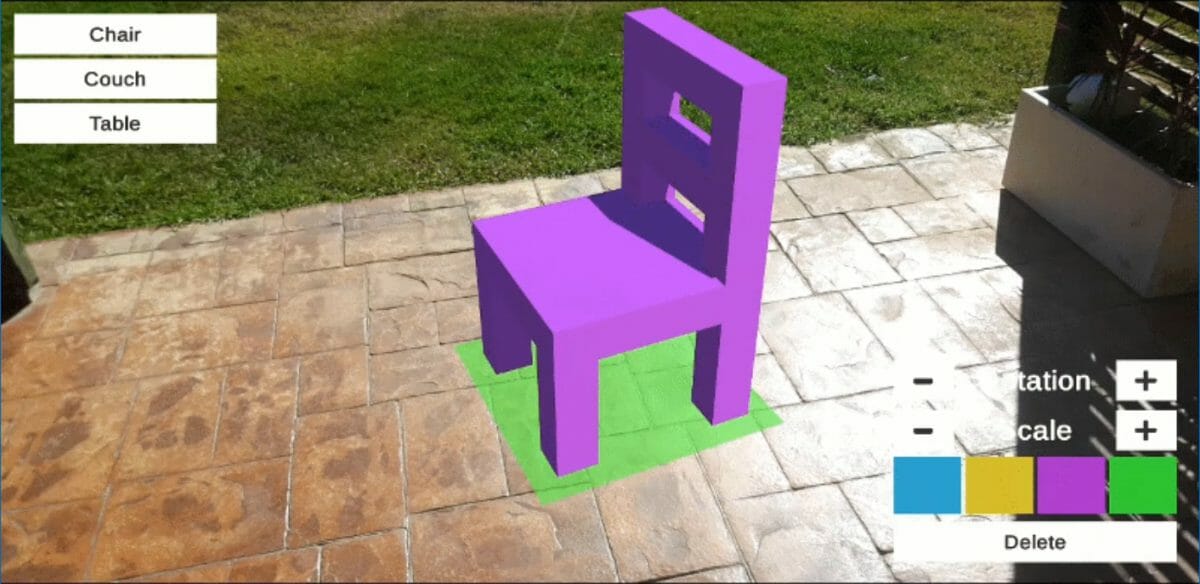
Conclusion
Earlier we described developers as these mystical people who make dreams come true. Though we’ve replaced mysticism with science, we still think this holds true as to what developers exactly are. Developers are people who have mastered computers in a way that they can take ideas and make computers bring them to life.
There are many reasons to become a developer, whether it is because it’s a high-earning field or maybe just your own personal satisfaction. There is no question, though, that without developers, our lives wouldn’t be the same. Our everyday lives are painted in some way by developers, and the more developers we have in the world, the greater chance we have of seeing new improvements to our lives.
So, if you’re interested in development at this point, we hope you take those first steps, and create amazing programs that change the world!
